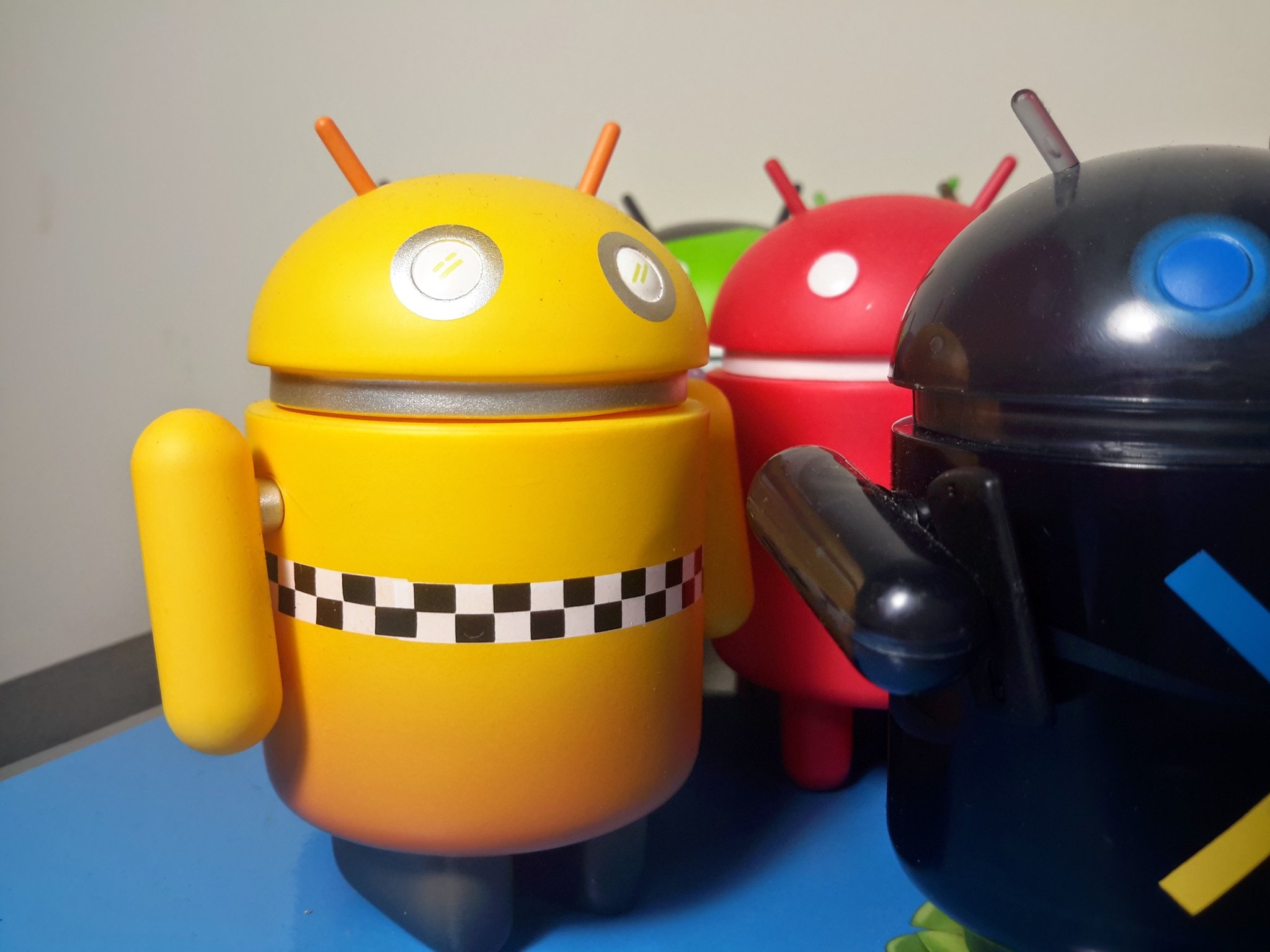Until one company makes every piece of the puzzle, your smart home is going to be a mess.
In the small span of 24 hours, smart home enthusiasts learned that IFTTT would soon be dead to millions and that nobody should touch Samsung's Smartthings or Bixby with a 10-foot pole. While that makes for a great lede to an article about smart home woes, it's the sort of one-two punch that anyone with more than a passing interest in the tech hates to hear: the two services that can make the mix of different brands and products in your smart house are now persona-non-grata.
A smart home should make life easier but the headache factor can't be ignored.
Some back story is in order, especially since the rest of the internet was busy running around to hear a million things from Google I/O and Microsoft Build throughout the week. We'll start with the effective death of IFTTT for Google Assistant or Nest consumers. IFTTT (If This Then That), a wonderful resource that lets all the different brands of gadget you might have talk to each other will soon stop being useful for Google Assistant users and people with Nest hardware. Google is rethinking how smart devices should operate in regard to user privacy and data security. As part of the new initiative, the Nest brand will be absorbed into Google Hardware. One important feature of the new directive is that third parties won't be able to access your account or usage data.
That's how IFTTT works when you get into the nitty-gritty. You sign up for an IFTTT account and you're able to subscribe to channels for the services and hardware you use. You then take that IFTTT account and tie it to any accounts required for the original device or service, like a Nest Learning Thermostat, for example, and you can use IFTTT to act as a trigger to make things happen. When Google says that it isn't going to share your account with third-parties like IFTTT, all this comes crashing down like the mountain of empty boxes you hopefully kept so you can resell all the orphaned smart home junk on eBay.
I love seeing any new directive for the smart home that tries to help obvious privacy issues. I would love it more if Google coupled it with a large update for Assistant so it could natively control more than a handful of products. Thank goodness we can use SmartThings as a native app on Android and control Zigbee or Z Wave devices. Except you totally shouldn't.
The second part of the double play I mentioned has over 100 instances of Amazon S3 storage buckets completely unsecured and leaking all over the place like a soiled diaper. These instances happen to hold GitLab code repositories, user logs and analytical data, and the goddamn private keys to sign official software for Samsung's SmartThings and Bixby products. While the people who understand what that means are busy slapping their heads, let me break that down: Anyone who went looking could not only get potentially sensitive data about how you use SmartThings or Bixby products and services, but also had the ability to edit the code to do anything and then merge it into production using the credentials of the actual developers themselves.
Yeah, take all the SmartThings products you have and put them in the trash or melt them down for scrap copper because you can never undo that. Samsung says it has everything under control, but yeah. SmartThings is dead to me and should be dead to you, too.
Alexa, tell me how to make my house smart.
That brings us full circle. What is a person who wants to build more than a basic smart home supposed to do? There's nothing wrong with being satisfied with Alexa being able to play your favorite playlist; this isn't a nerd contest. But some people also want to tell their phone or watch to do things like close the blinds, preheat the hot tub, open the garage and start the car plus a lot more. I'll never know the joy of using Assistant to change the speed of my living room ceiling fan because the SmartThings compatible speed control I bought but haven't yet installed isn't going into the wall now. This sucks worse than it did a couple of years ago. And it really sucked then.
This will sort itself out eventually. There are other smart platforms for the home out there and I'm going to need to pick one and figure it out. It also leaves room for Amazon to step in, and those Bezosbucks can work miracles sometimes. I'm sure we'll revisit this topic a time or two during 2019.
Read more: How to transition your Nest account and why it's happening



0 Response to "You Can See More: It's a great and horrible time to set up a smart home"
Post a Comment